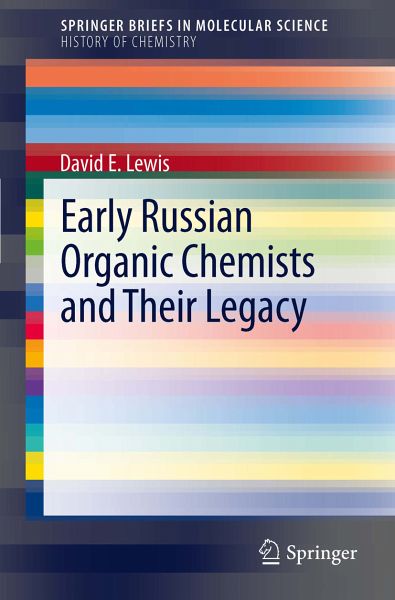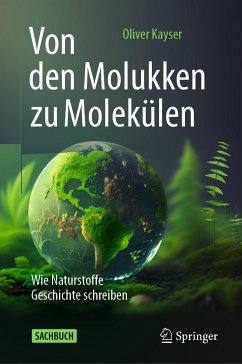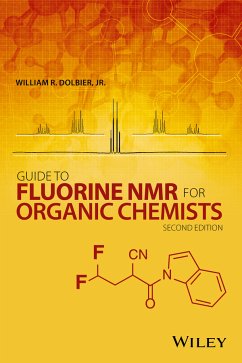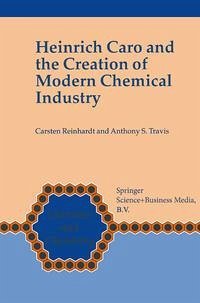
Early Russian Organic Chemists and Their Legacy (eBook, PDF)
Versandkostenfrei!
Sofort per Download lieferbar
40,95 €
inkl. MwSt.
Weitere Ausgaben:

PAYBACK Punkte
20 °P sammeln!
The organic chemists of Russia during the pre-revolutionary period included some of the most creative and talented chemists of the nineteenth and early twentieth centuries. Indeed, this is attested by the number of reactions and empirical rules bearing their names. This volume is of interest for both historians of chemistry and organic chemists wishing to discover more about the historical development of their discipline in Russia. From the founding of the Russian Academy of Sciences by Peter the Great in 1725 to the early years of the nineteenth century, Russian organic chemistry was largely ...
The organic chemists of Russia during the pre-revolutionary period included some of the most creative and talented chemists of the nineteenth and early twentieth centuries. Indeed, this is attested by the number of reactions and empirical rules bearing their names. This volume is of interest for both historians of chemistry and organic chemists wishing to discover more about the historical development of their discipline in Russia. From the founding of the Russian Academy of Sciences by Peter the Great in 1725 to the early years of the nineteenth century, Russian organic chemistry was largely in the hands of foreign scientists. However, the Russification of organic chemistry in Russia had begun before the middle of the nineteenth century, and reached its zenith during the last half of the same century, by which time vibrant schools of chemistry had arisen in the eastern city of Kazan', at Moscow and at St. Petersburg. By the end of the century, the Chairs of organic chemistry at universities throughout the Russian empire were occupied by Russian chemists, almost half of them trained at Kazan'. This volume discusses the contributions of these organic chemists which include: the structural theory of organic chemistry, empirical rules for addition and elimination, reactions involving carbon nucleophiles, such as the aldol reaction and alcohol synthesis using organozinc nucleophiles, the discovery of sulfoxides and sulfonium salts, and a range of important redox reactions.
Dieser Download kann aus rechtlichen Gründen nur mit Rechnungsadresse in A, B, BG, CY, CZ, D, DK, EW, E, FIN, F, GR, HR, H, IRL, I, LT, L, LR, M, NL, PL, P, R, S, SLO, SK ausgeliefert werden.












